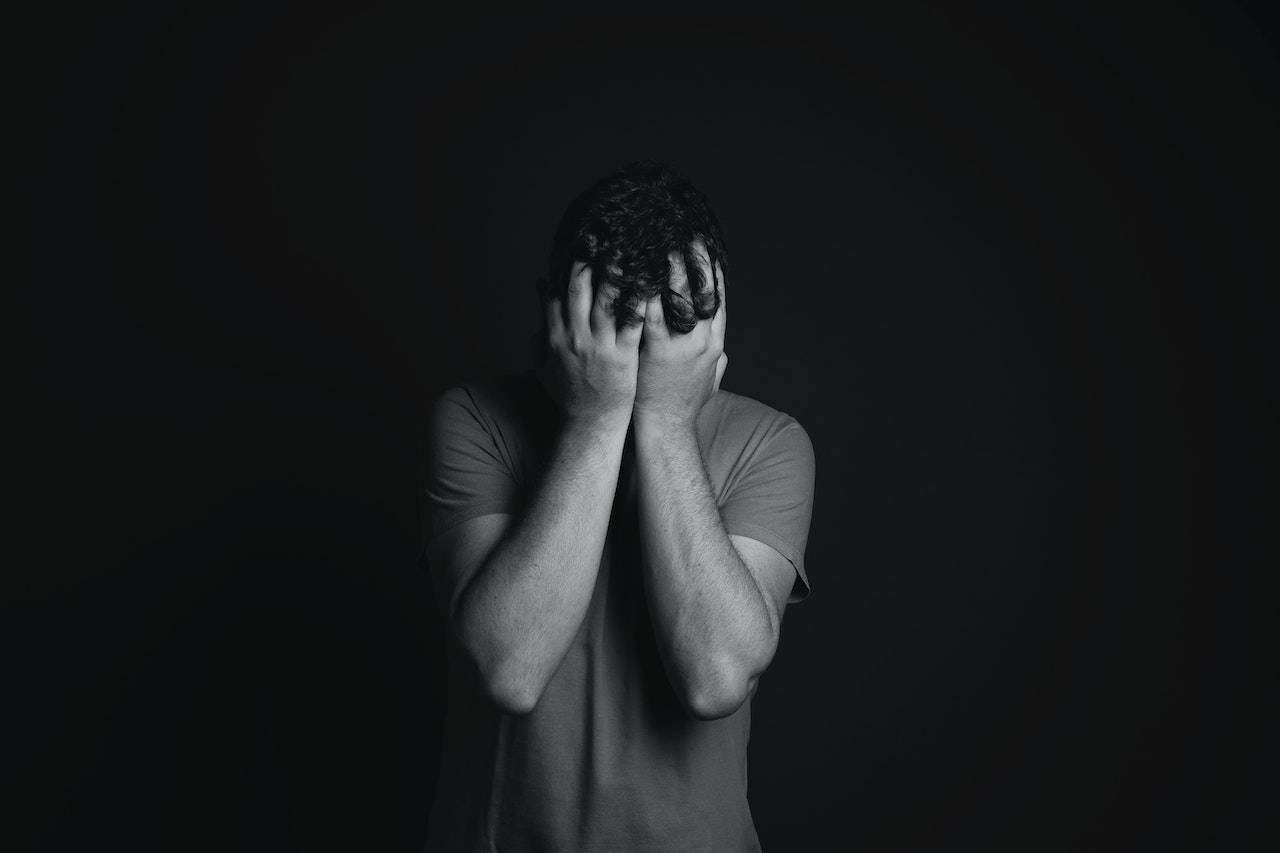Mental disabilities come in all shapes and sizes, and so does the support available for those affected. There are many different types of mental disabilities, and each one can present its own challenges. Some common mental disabilities include ADHD, anxiety disorders, bipolar disorder, depression, and schizophrenia.
If you or someone you know is living with a mental disability, know that there is help available. There are many resources out there to provide support and assistance. With the right help, people with mental disabilities can lead happy and fulfilling lives.
What Is Mental Illness?
Mental illness is a condition that affects a person’s mood, thoughts, and behaviours. Mental illnesses can make it difficult for a person to function in daily life and can cause a person to feel disconnected from the world around them. Mental illnesses are often misunderstood and stigmatised, but with proper treatment, people struggling with these conditions can boost their quality of life in more ways than one.
What Are the Different Types of Mental Illnesses?
1. Bipolar Disorder
Bipolar disorder is a mental illness that is characterised by extreme changes in mood. People with bipolar disorder can swing from feeling very happy and energetic to feeling very sad and depressed, and back again. These mood swings can be so severe that they interfere with a person’s ability to function in their day-to-day life.
Treatment for bipolar disorder typically involves a combination of medication and therapy. Medication can help to stabilise a person’s mood, while therapy can help them to understand and manage their condition.
2. Depression
Depression is one of the most common mental illnesses, affecting millions of people around the world. While there are many different types of depression, the most common form is a major depressive disorder. Symptoms of depression can include persistent sadness, loss of interest in activities, difficulty sleeping, changes in appetite, and fatigue.
Treatment for depression typically involves a combination of medication and therapy. Antidepressant medications can help to relieve the symptoms of depression, while therapy can help to address the underlying causes of the condition. In severe cases, hospitalisation may be necessary. If you or someone you know is struggling with depression, many resources are available to help.
3. Anxiety Disorders
Anxiety disorders are a type of mental illness that can cause significant distress and impairment in daily functioning. There are several different types of anxiety disorders, each with its own symptoms and treatment options. The most common types of anxiety disorders are:
- Generalised anxiety disorder: This type of anxiety disorder is characterised by excessive worry and anxiety that interfere with daily activities.
- Panic disorder: This type of anxiety disorder is characterised by sudden and intense episodes of fear or anxiety.
- Social anxiety disorder: This type of anxiety disorder is characterised by extreme anxiety and self-consciousness in social situations.
- Specific phobias: This type of anxiety disorder is characterised by extreme fear of specific objects or situations.
Anxiety disorders can be treated with medication, therapy, or a combination of both. The most effective treatment plan will vary depending on the individual and the severity of their disorder.
4. Schizophrenia
Schizophrenia is a serious mental illness that is characterised by delusions, hallucinations, and disordered thinking. People with schizophrenia may withdraw from society and have difficulty functioning in everyday life. There are several different types of schizophrenia, and treatment typically involves medication and psychotherapy.
5. Anorexia Nervosa
Anorexia nervosa is a severe eating disorder that can have devastating consequences if left untreated. People with anorexia nervosa may severely restrict their intake of food, leading to dangerous weight loss and malnutrition. Anorexia nervosa can also cause other serious health problems, such as electrolyte imbalances, osteoporosis, and heart problems.
Anorexia nervosa is a serious mental illness with a high risk of mortality. If you or someone you know is showing signs of anorexia nervosa, it is crucial to seek professional help as soon as possible. Treatment for anorexia nervosa typically includes a combination of psychiatric therapy, nutrition counselling, and medical care.
6. Bulimia Nervosa
Bulimia nervosa is an eating disorder characterised by frequent episodes of binge eating followed by purging. Purging may be done by self-induced vomiting, excessive exercise, or the use of laxatives or diuretics. Bulimia nervosa is a serious mental illness with potentially life-threatening consequences.
The exact cause of bulimia nervosa is unknown, but it is thought to be a combination of genetic, biological, psychological, and sociocultural factors. Treatment options for bulimia nervosa include therapy, medication, and lifestyle changes.
7. Obsessive Compulsive Disorder (OCD)
Obsessive-compulsive disorder, or OCD, is a mental illness that is characterised by intrusive, unwanted thoughts (obsessions) and repetitive, ritualistic behaviours (compulsions). People with OCD often feel that they must perform their compulsions to ward off some impending disaster, or to prevent something bad from happening. However, the compulsions are usually not effective in actually achieving these goals, and they often cause the person with OCD significant distress and disruption in their daily life.
There are various treatment options available for OCD, including cognitive-behavioural therapy, exposure and response prevention, and medication. Cognitive-behavioural therapy focuses on helping the person with OCD to identify and challenge their distorted thoughts and beliefs, as well as to expose themselves to the things they are afraid of and practice not engaging in their compulsions.
Exposure and response prevention involves gradually exposing the person to the things they are afraid of and helping them to resist the urge to perform their compulsions. Medication can also be effective in treating OCD, and is often used in combination with cognitive-behavioural therapy.
8. Post-Traumatic Stress Disorder (PTSD)
Post-traumatic stress disorder (PTSD) is a mental illness that can develop after exposure to a traumatic event. Symptoms can include flashbacks, nightmares, anxiety, and avoidance of situations that remind the person of the trauma. PTSD can be treated with medication, therapy, or a combination of the two.
The Bottom Line
Different types of mental disabilities can make life difficult for those affected. However, various forms of support are available to help make things easier. If you or someone you know has a mental disability, don’t hesitate to reach out for help. There are many people who are ready and willing to support you on your journey.
If you’re looking for disability services in Sydney, you’ve come to the right place. At OSAN ABILITY, we provide a range of services to help people with disabilities live their best lives.
If you’re interested in finding out more about our services, or if you need help with something specific, please don’t hesitate to get in touch. We’re always happy to chat and answer any questions you might have.










